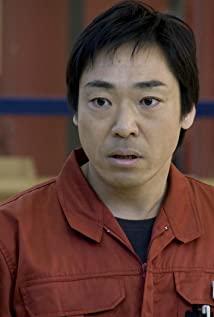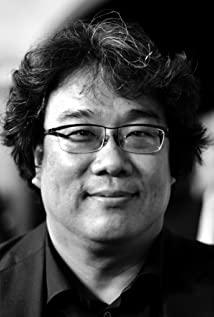The process of Hiroko turning into a chair turned the film into a thrilling and erotic movie. As for why Hiroko turned into a chair, I have a few opinions. The first is an escape. Hiroko is facing the embarrassment of being "parasitic" in a friend's house, and the face that he gave up in order to get back the recording equipment, as well as the embarrassed pockets and the huge pressure of survival, turning into a chair is an escape. A bit like a hangover, an escape from reality. The second is that the current situation of male and female relationships in Japan is that women can’t be too smart, they must obey their husbands and worship their husbands. This is the case with Hiroko in the story. She uses all her strength to support her boyfriend’s movie dream, and even for her boyfriend, she doesn’t have to be dignified. The embarrassed walk in the subway station. This is also a kind of "misogynistic" status quo in Japan. A woman must be the fuel for her husband or boyfriend to fly to the sky. A chair is a supportive object. It can be used for people to sit and rest, and it can also be used for people to work. A kind of dependence, but no one cares whether the chair will have a rest or not. The fate of the chair is to be thrown away when it is worn out. This is also the status quo of Japanese women in love and social status. Under the status quo of "misogynistic" society, The inevitable "fueling" requirements for women. Hiroko has turned into a chair with a back. She has a "hollow" stage in the process of transformation, which is a metaphor that Hiroko has no heart, and Japanese women do not have their own heart, even in love, it is a kind of Cultural obedience is not fiery love. The third is, I think if this phenomenon is turned into a line, it is a bit like "I'm out of this dimension", "I'm dead", "I'll become a piece of shit", "I'll become a chair". It is a particularly joking word. It not only has the meaning of escapism as mentioned earlier, but it is also an attitude towards life that is not serious. The popular two-dimensional culture in Japan is itself a thing with no beginning and no end. This is a kind of In young culture, people can become slimes, or even a piece of shit. This is a young person's life state, and they face life jokingly. But in the final analysis, it is also an escape from the adult world, a struggle to always contend and never grow up. A wooden chair has an indiscriminate obedience, it is not made to measure, anyone can have it, anyone can throw it away, you can have it for a moment and give it to someone else, you can also pick it up from the street, and then Throw it away, Hiroko is the same in love, blindly obedient, even no difference, what is even more ironic is that turning into a chair is the most "free" destination for Hiroko. friend) is even less free, and the objectified life of a woman is not even as good as the fate of the object itself, which is very ironic. Hey, this world, or I become
View more about Tokyo! reviews











